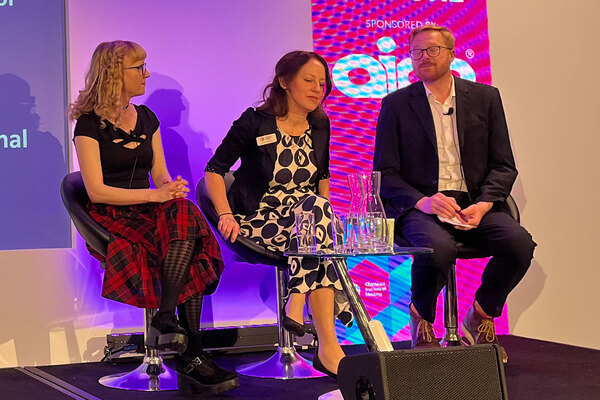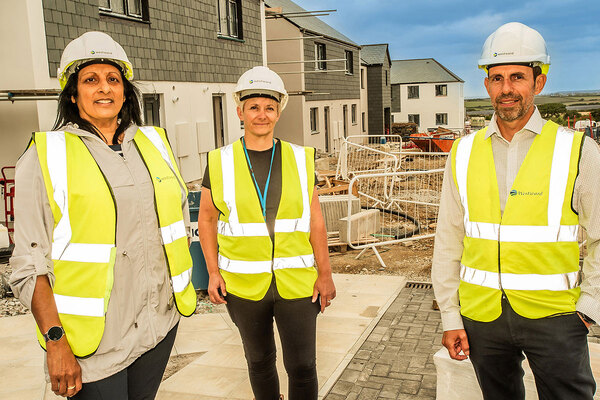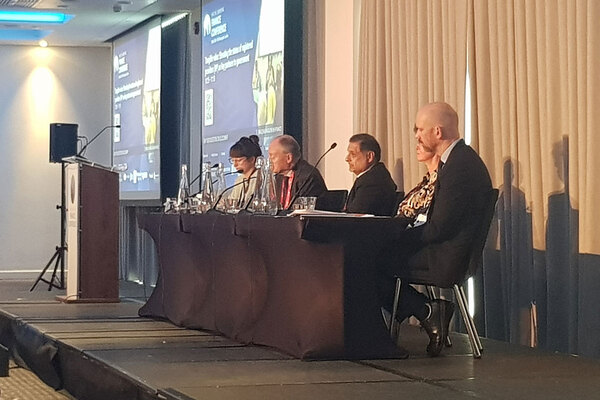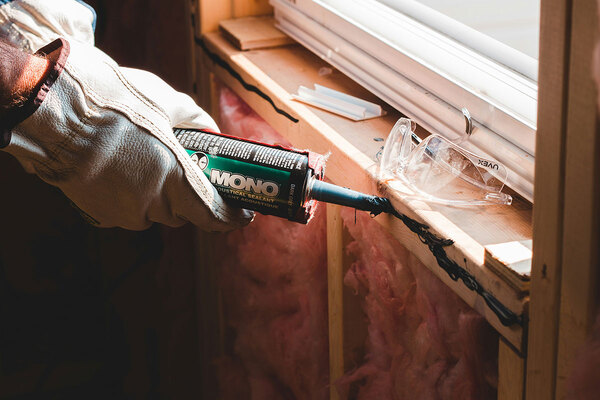You are viewing 1 of your 1 free articles
 Kate Kennally
Kate KennallyDon’t forget about the housing issues that didn’t require an emergency response as the pandemic struck
It is important to recognise the housing problems that coronavirus highlighted but didn’t warrant an emergency response, writes Kate Kennally
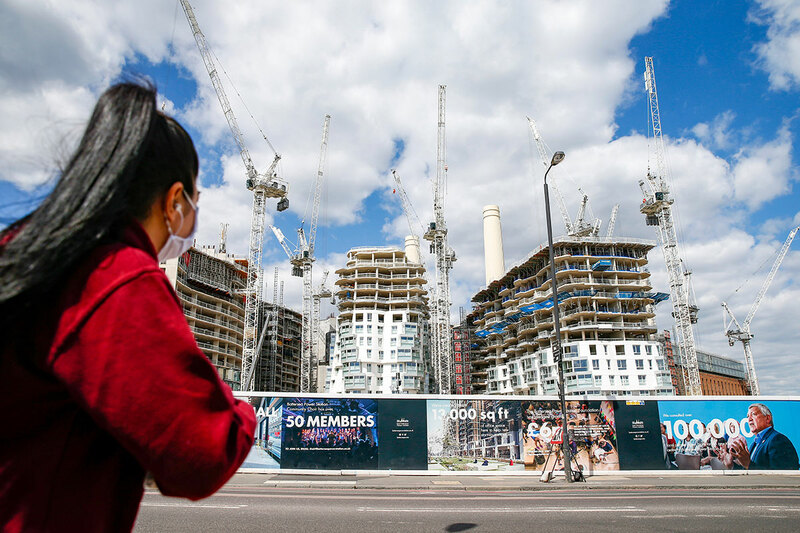
Coronavirus: an unknown foe that created an unforeseen crisis.
For some it has meant tragedy and heartbreak, for others fear and anxiety, and for many, particularly for our tenants and residents, financial precarity and poverty – some of which is still yet to be realised.
And yet, within the despair we have seen epic tales of kindness, generosity and neighbourliness.
We have celebrated our NHS and key workers. We have seen volunteers provide food, medication and support for those shielding and self-isolating. We have attempted to home-teach our children and decided to value the fact that not all learning needs to be academic or classroom-based. We moved to an agile workforce overnight and continued to provide essential services to our most vulnerable residents.
And the housing sector has been at the heart of the coronavirus response. What professionals have long recognised within the sector has become an acknowledged reality: our housing crisis is a public health emergency.
Staff within the sector rapidly made plans to bring ‘everybody in’, utilising holiday parks, hotels and modular units. Disabled adaptations were fast-tracked to facilitate hospital discharge and where this was not feasible, bed bureaus and step-down accommodation were provided. Prisoners were released early and provisions put in place so they did not come home to rough sleeping.
While routine services were stopped, emergency repairs continued, welfare calls were made to thousands of tenants, hardship grants were made available, food packages were delivered and extra care was taken to try and address issues of loneliness, deteriorating mental health and domestic abuse.
It is right that there is much focus on the concerted effort that was put in by our resilient and adaptable staff who have gone above and beyond their day-to-day roles, stepping up to take on the challenges that were being thrown at them. We should be celebrating the achievements and successes that were delivered during, and despite, a period of unprecedented restrictions.
It is also important, however, to recognise the housing issues that the pandemic has highlighted which didn’t warrant an overnight emergency response but do require careful consideration as we move into recovery and through to renewal.
The housing public health emergency is not just about those who were vulnerable due to lack of a home or because they had care and support needs, it is also about those who are disproportionately affected because they lack outside space, because they live in overcrowded homes, because they share facilities with other households, because their homes are in disrepair or because they have intergenerational living at the heart of their culture.
“We need to grasp this occasion to rethink our vision for the future, building on the creativity and innovation that the pandemic has generated”
As leaders, we have the ability to affect real change, to ensure that we build homes that meet the needs of all of our community: larger homes that can accommodate different generations; smaller homes that meet the needs of people regardless of whether they are deemed to be a ‘priority’; homes that offer appropriate space and quality to live, work and learn; homes that are affordable if someone suffers unexpected financial pressure; homes that offer outside space to exercise and breathe; and, above all, homes where people can feel safe and secure when crisis hits.
There is no doubt that we are not over coronavirus yet. With local lockdowns, a risk of a second spike and a vaccine still to be developed, our lives will not be returning to normality for some time to come.
When an emergency incident occurs, we switch to response mode and we do what it is needed and what is right.
Coronavirus has carved out an opportunity for us, as a sector, to do what is needed and what is right, but also to ensure that this is embedded in the housing we build and the services we offer not just now but for future generations.
As a sector, we need to grasp this occasion to rethink our vision for the future, building on the creativity and innovation that the pandemic has generated, and we need to reset our approach to housing with a clear agenda of equality and social justice.
In many respects, this is much more challenging than an emergency response but it is also a chance to make long-lasting and powerful change for our residents. It is a time to be bold and a time to be brave!
Kate Kennally, chief executive, Cornwall Council


